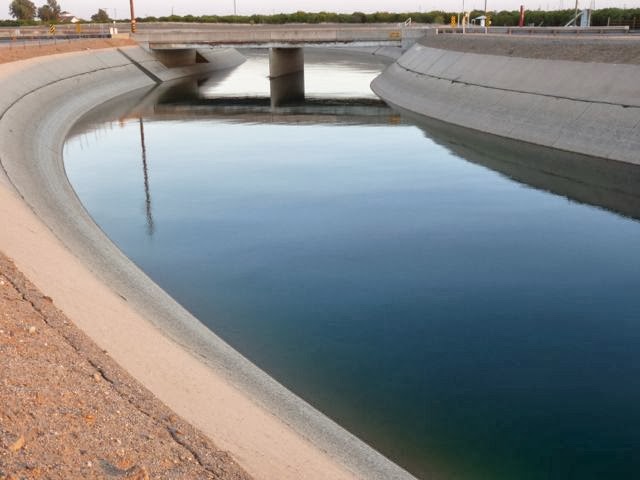CDFA TO DISCUSS FARM BILL, AG IMMIGRATION THIS WEEK
CDFA, Speakers To Discuss Farm Bill and Ag Immigration-Feb. 4th in Sacramento
The California State Board of Food and Agriculture will discuss the pending 2014 Farm Bill and agriculture immigration issues at its upcoming meeting on February 4th in Sacramento. This meeting will be held from 10:00 a.m. to 2:30 p.m. at the California Department of Food and Agriculture, 1220 ‘N’ Street – Main Auditorium, Sacramento, CA 95814.
“As Congress prepares to vote on a bi-partisan farm bill, we look forward to the passage of this important legislation,” said CDFA Secretary Karen Ross. “The farm bill is critical to California for a variety of reasons – but most timely, this legislation will provide much needed assistance in addressing drought conditions within our state.”
Farm bill programs provided by the USDA Farm Service Agency, the Risk Management Agency, the Natural Resource Conservation Service, and the Rural Development Agency can directly help farmers and rural communities through conservation improvements, farm loans and facility loan programs.
Covering such issues as research, conservation, nutrition, commodities and rural development – the farm bill is omnibus multi-year legislation for major food and farm programs. The legislation funds critical programs such as nutrition assistance (food stamps), technical assistance for farmers and ranchers, research, invasive species prevention and management, and initiatives that support food production and environmental conservation.
The current farm bill, the Food, Conservation, and Energy Act of 2008 expired in December 2013, necessitating action by Congress.
The state board will also be discussing immigration issues, including the status of federal immigration reform and other factors related to rural communities and farms.
Invited speakers include: Donald Grady, Office of Congressman Jim Costa; Sandra Schubert, California Department of Food and Agriculture; Rachel Kaldor, Dairy Institute; Linda Patterson, California Department of Social Services; Michael Dimock, Roots of Change; Craig Regelbrugge, Agricultural Coalition for Immigration Reform; Diane Charlton, University of California, Davis; Cornelius (Corny) Gallagher, Farm Foundation/California Bankers Association; and Joseph McIntyre, Ag Innovations Network.
“Up to two thirds of our agricultural workforce in California are undocumented residents performing skilled and valuable labor in fields across this state. Regardless of where you are on the immigration debate – this is a reality in California,” said Craig McNamara, president of the California State Board of Food and Agriculture. “As the largest agricultural state in the nation, California’s farmers and ranchers have a role in shaping the national discussion on immigration reform.”
The California State Board of Food and Agriculture advises the governor and the CDFA secretary on agricultural issues and consumer needs. The state board conducts forums that bring together local, state and federal government officials, agricultural representative and citizens to discuss current issues of concern to California agriculture.
Follow the board on Twitter at: www.twitter.com/Cafood_agboard










